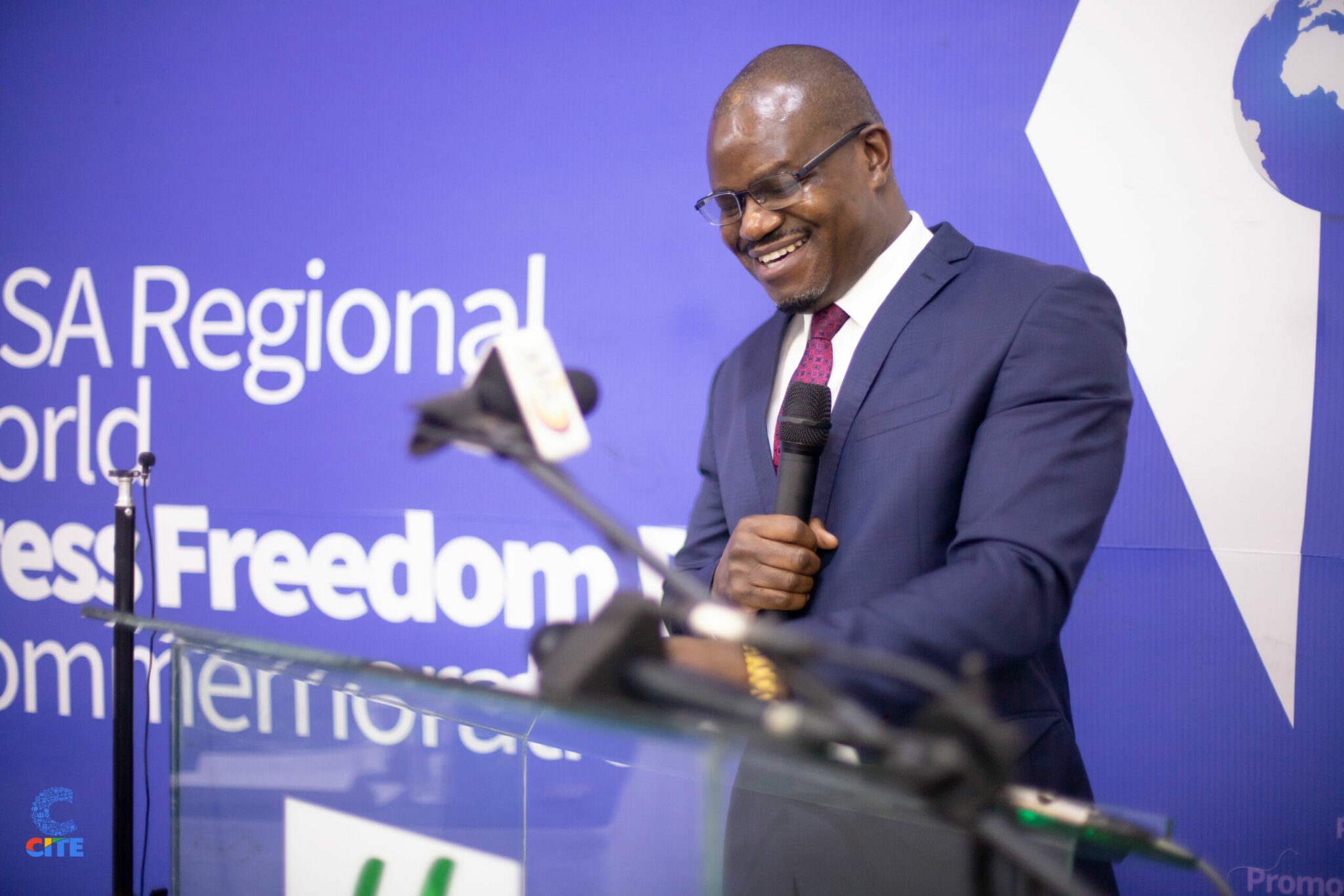Government spokesperson Nick Mangwana says the President Emmerson Mnangagwa led government has improved the state of the media in the country and introduced progressive laws meant to democratise the sector.
Mangwana was speaking at the World Press Freedom Day commemorations organised by MISA Zimbabwe in Bulawayo on Monday.
“We have reformed things legislatively, put laws in place but laws do not operate in a vacuum. Laws are administered by people and work in the context of people’s attitudes. When it comes to the issue of modernisation of the media, we reform the legislation, which is the structural architecture of our media sector and this is a very easy part, because all we do is consult, talk to parliament then come up with a law,” he said.
“But the difficult part and it is very difficult indeed is reforming mindsets, reforming culture and reforming attitudes, which are already high crystallised and embedded
That indeed cannot be an overnight endeavour.”
Mangwana claimed the information ministry was trying to change the public’s attitude towards journalists, doing so, “especially in the context where there are other journalists who are not formally trained, who professionally account to nobody in what they write.”
The government’s spokesperson believes the Zimbabwean media landscape “has changed so much since the coming of the Second Republic” led by Emmerson Mnangagwa.
“We have spoken and discussed the attitude of the government towards the media and we are speaking of the media in general terms. Our attitude towards some of you and the media organisation you represent has changed,” Mangwana said.
“There’s a time when organisations such as MISA and the government will not sit in the same room and have a civilised conversation. No, but we are here. You come to our offices anytime, invite us to all your events and we send representatives.”
Mangwana also said to the media’s credit, their reportage of the government had turned to be “a little bit more objective.”
“I think there’s a lot to celebrate in changes that have happened in our landscape, attitudinally and legislatively. Culturally there’s quite a lot of it, of course, it can’t be all positive – that will be unreal,” he noted.
Mangwana said the government believed in working with the media and highlighted the Covid-19 pandemic as one area where the two cooperated.
He added the government showed its commitment to opening up the media space by licencing 14 community stations, expanding media and access to information.
“Together with our partners such as UNESCO and others we are in the process of capacitating those stations. Some are already on air and are broadcasting. We also licensed seven campus stations,” he said.
“Some are broadcasting even beyond the required frequency coverage but nobody called the Broadcasting Authority of Zimbabwe that these guys are broadcasting beyond their radius, because we recognised, they are giving access to information and we can’t be very regimented about giving access to information. This reflects a good attitude of the government.”
The government’s spokesperson buttressed his beliefs that authorities were not repressive towards the media.
“No, our government is not repressive towards the media not at all, I could pile newspapers here for the last week plus where the government is under attack, and nothing has happened to the people that attacked the government. Absolutely nothing,” Mangwana said.
“I could point you to an online platform that went on a crusade against the vice president (Kembo Mohadi who was relieved of his duties for sexual related matters) up until he left his post and nothing happened to the journalist, nothing happened to that platform. A whole vice president and someone will say there is censorship in Zimbabwe, absolutely not, because the platform, media house and journalists are still there up and about, no consequences, no outcome.”

